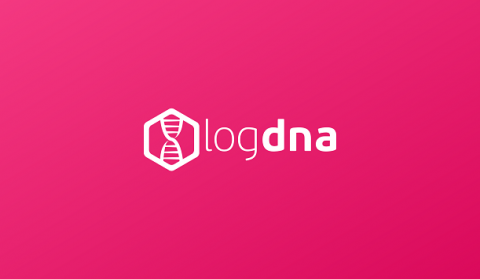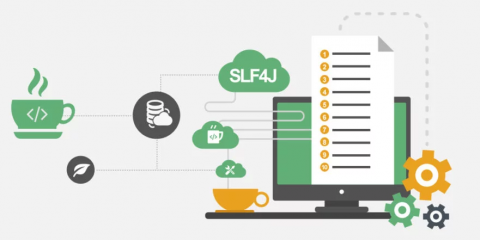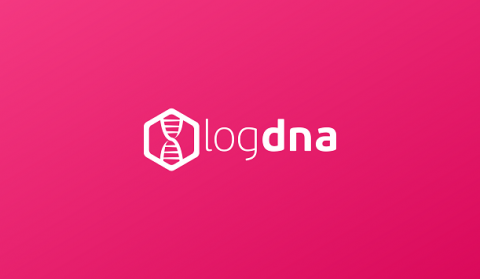Why is Log Management Important
Ever since humankind developed the ability to write, much of our progress has been made thanks to recording and using data. In ages long past, notes were made on the production and gathering of resources, the exact number of available soldiers and other important personnel, and were compiled and stored by hand. Because of this documentation method, important information was also prone to being misplaced, lost, or even mishandled.









